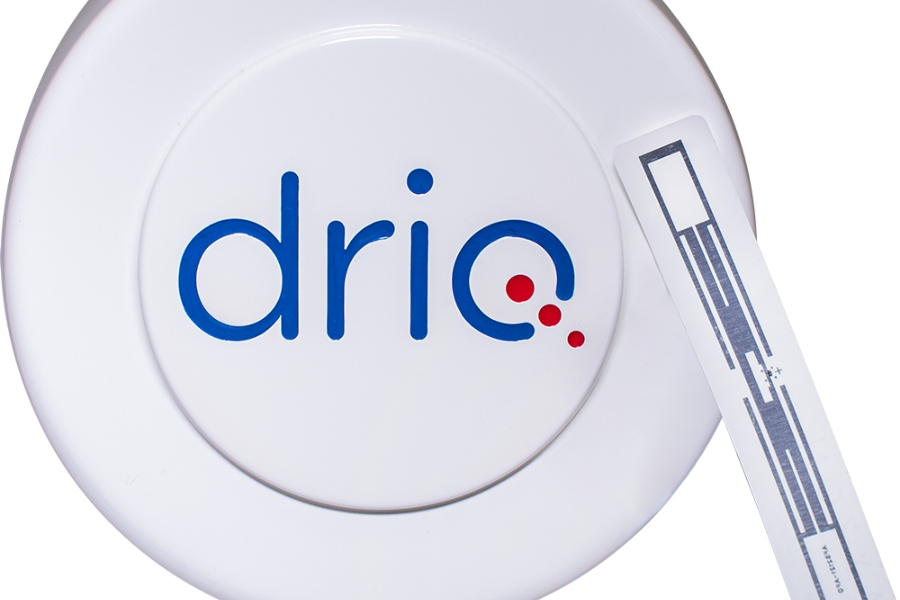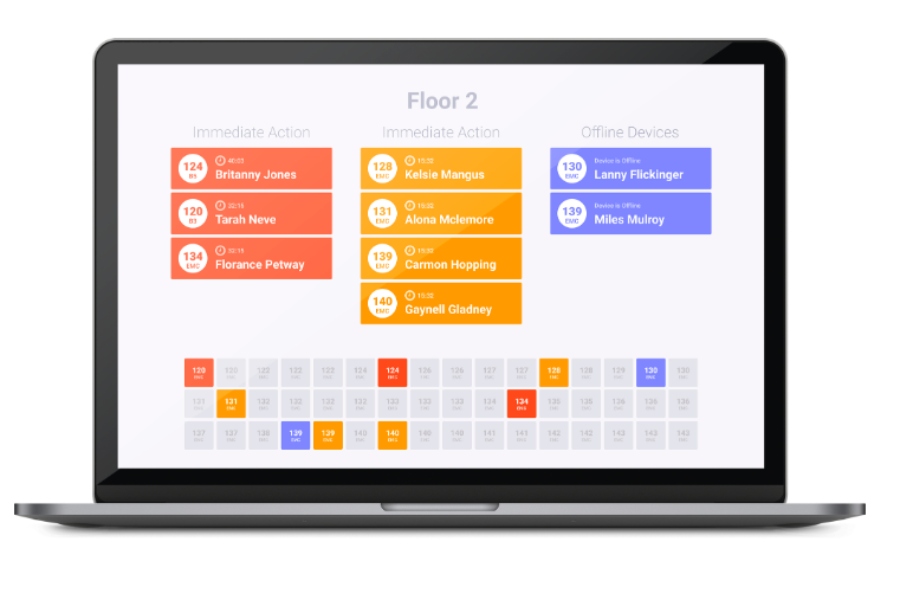NextUp: The Startup Improving Incontinence Care
DriQ Health has invented a smart adult brief that uses Internet-of-Things technology to help prevent accidents in senior living facilities.

Dr. Gregory Dean is the chief of pediatric urology at St. Christopher’s Hospital in Philadelphia and the chief operating officer of DriQ Health.
“NextUp” is a weekly NextHealth PHL feature that highlights the local leaders, organizations and research shaping the Greater Philadelphia region’s life sciences ecosystem. Email qmuse@phillymag.com with pitches for NextUp.
Who: As the chief of pediatric urology at St. Christopher’s Hospital in Philadelphia, Gregory Dean has always been aware of the difficulties of caring for patients with dysfunctions of the urinary system. But it wasn’t until his father-in-law transitioned into a nursing facility that he realized just how much of a challenge incontinence can present for caregivers in senior living settings. Dean noticed that when it came to monitoring seniors’ lavatory needs nurses were often left scrambling to keep up with a never-ending demand for adult brief changes and accident clean-ups.
“Everyone seemed like they were caring; everyone seemed like they were doing the best job that they could, but I could see that urinary incontinence was poorly managed and that there was no real way to manage it,” Dean explained.
For Dean, his father-in-law’s experience represented an opportunity to make a difference.
“People often think about a nursing home as being a purposely bad place, and it’s not,” he said. “I think that issue is just that the technology and the infrastructure is not there. The industry has not made any major changes since the 1950s. As I looked around at these facilities, I thought there’s got to be a better way.”
What: Earlier this year, Dean founded DriQ Health. The company has created a diaper monitoring system that helps manage urinary incontinence among adults in long-term care and in patients with complex conditions in hospital geriatric departments.

The system includes a small, adhesive tag that can be placed on the outside of any adult brief/diaper to continuously monitor for moisture in real-time. A small device called the DriQ hub is placed nearby in the patient’s room to continuously read the DriQ tag using artificial intelligence to analyze the diaper status and report it to the cloud. / Courtesy
The DriQ system includes a small adhesive tag that can be placed on the outside of any adult brief or diaper to monitor for moisture in real-time. A small device called the DriQ hub is placed nearby in the patient’s room to continuously read the DriQ tag using artificial intelligence to analyze the diaper status and report it to the cloud.
As information is transmitted to the cloud, nurses and medical staff can log in to DriQ’s web-console to monitor the status and data analytics of each patient. The system leverages the Netronix Internet-of-Things (IoT) platform to collect and share data.

As information is transmitted the cloud, nurses and medical staff can log in to DriQ’s web-console to consistently monitor the status and data analytics of each patient. / Courtesy
The system not only prevents incontinence accidents, but it also helps to prevent two potentially deadly and costly issues: slip and falls when patients try to get up and change themselves and bedsores that develop when patients are left sitting in wet briefs for long periods of time.
According to Dean, falls are one of the leading causes of death in the elderly. One-third of adults over the age of 65 will have some issues with falling. For elders in nursing homes, these falls can cost as much as $35,000. And, the wet briefs and diapers that can lead to ulcerations and skin breakdown can cost at least $45,000 per patient ulcer.
“When you combine the instance of falls and ulcers, there’s a $60 billion cost,” Dean said. “Technology is something that a lot of people complain about with smartphones in terms of disengagement, but there’s a huge ability to use technology to make things better.”
When: In the short time since the company launched, Dean says DriQ has attracted interest from several senior living facilities and hospitals that have nearly 100,000 patients waiting for the technology. The company is in the process of fine-tuning the product and expects to bring it to market in the first half of 2020. The system is also pending approval from the Food and Drug Administration.
Why: According to Dean, there are nearly two million people in more than 15,000 nursing homes in America, and a majority of nursing home residents are living with incontinence. The current process for monitoring incontinence is manual and often ineffective. In a typical nursing home, there might be 12 to 15 nurses responsible for monitoring as many as 150 seniors. Without technology, nurses are forced to manually visit each senior on a rotating schedule, every two to three hours, to check adult briefs and see if any need to be changed.
“It’s literally a crapshoot to go out and just walk around and change diapers. It’s a tough job. It’s such a tough job that the turnover rate in nursing home facilities is 50 percent per year,” Dean said. “This is something that I look at as helping the patients, but also empowering the people that work there.”
What It Means: DriQ’s smart diaper system is the only technology-based solution to the problem of incontinence monitoring for the elderly. The system could completely change the way we care for seniors in hospitals, senior living facilities and homes, improving the quality of life for millions of elderly people.


